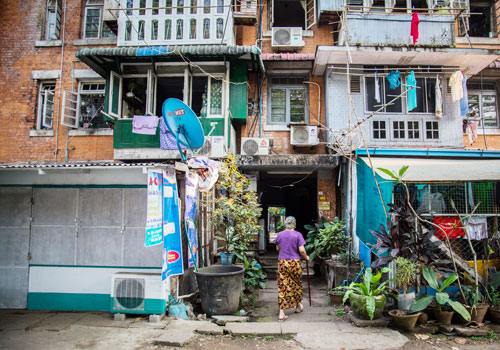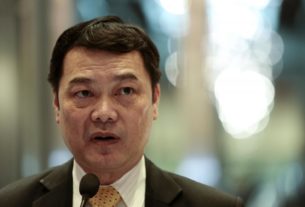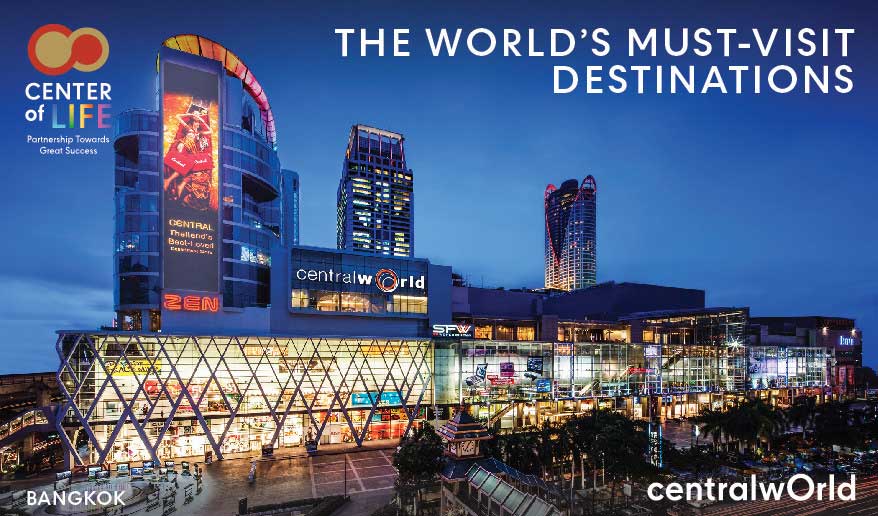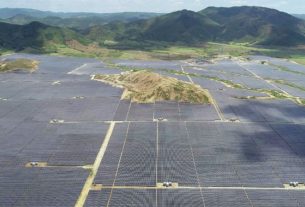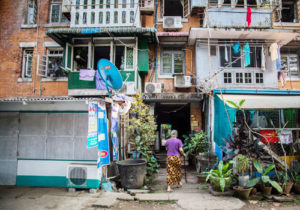
Foreign companies will soon be invited through a public tender to build low-cost housing projects in Yangon Region, according to the Ministry of Construction.
This will mark the first time foreign contractors are given access to the affordable housing sector in Myanmar. Ministry officials have said they will prioritise building housing for the poor, after inheriting a chronic housing shortage from the former government.
Construction minister U Win Khaing promised in May to build more than 8000 low-cost homes nationwide over the next two years, with each unit priced at less than K10 million.
This supply will meet just a fraction of demand – the ministry estimates that in Yangon alone, up to 1.8 million of the city’s 5.21 million residents own no land and are in dire need of affordable housing.
The government will need international investment and expertise to meet its housing targets, said U Min Aung Aye, deputy director at the Department of Urban and Housing Development.
He said a tender would be called through state newspapers. “We plan to offer construction contracts to foreign companies, on condition they can complete construction within two years,” he said.
Under the previous government, the average cost of building 1 square foot of affordable housing was quoted at K18,000. U Min Aung Aye did not want to comment on how much foreign contractors would be paid.
He said the cost of building will depend on import costs for construction equipment, prices in the international market at the time of the tender, the exchange rate and the choice of building system.
“Prices also vary depending on whether the contractor is building low-cost housing or affordable housing. Once we have a master plan, we will call a tender,” he said.
The government is planning four major low-cost developments. The first three, in Mingalardon, Thanlyin and Dagon Seikkan townships, are still at the planning stage.
Work on the fourth project – a 293-acre residential estate in Hlaing Tharyar township called Kyan Sit Min – started in February. The first 30 apartment blocks are being built this month by seven developers who jointly won a tender issued by the DUHD.
International investor appetite will likely depend on the structure and perceived transparency of the tender. In the past, invitations to foreign developers have fallen flat, including a tender to build commercial developments and a new railway station on 63 acres of prime land in central Yangon.
Smaller contractors also complain that past tenders have typically favoured large companies, as they have required a large upfront payment.
“Construction companies can only apply for a tender if they can put up the money in advance,” said U Kyaw Kyaw Soe, joint secretary general of Myanmar Construction Entrepreneurs Association.
“It is not easy for small firms, as most government projects require the company to pay for the construction, with payment only settled in stages. More companies might take part if the government makes sure the rules are transparent and fair.”
In this instance, applicants will be judged on their company history, financial strength and whether or not they are on a blacklist, said U Min Aung Aye. He said the tender committee will also check that companies have enough skilled workers and machinery to complete the project.
U Yan Aung, general manager of Asia Construction, told The Myanmar Times that he hoped the government would make its tenders transparent.
“In the past, many tender winners sold their construction permits to other companies at inflated prices, and the quality of buildings suffered as a result,” he said.
